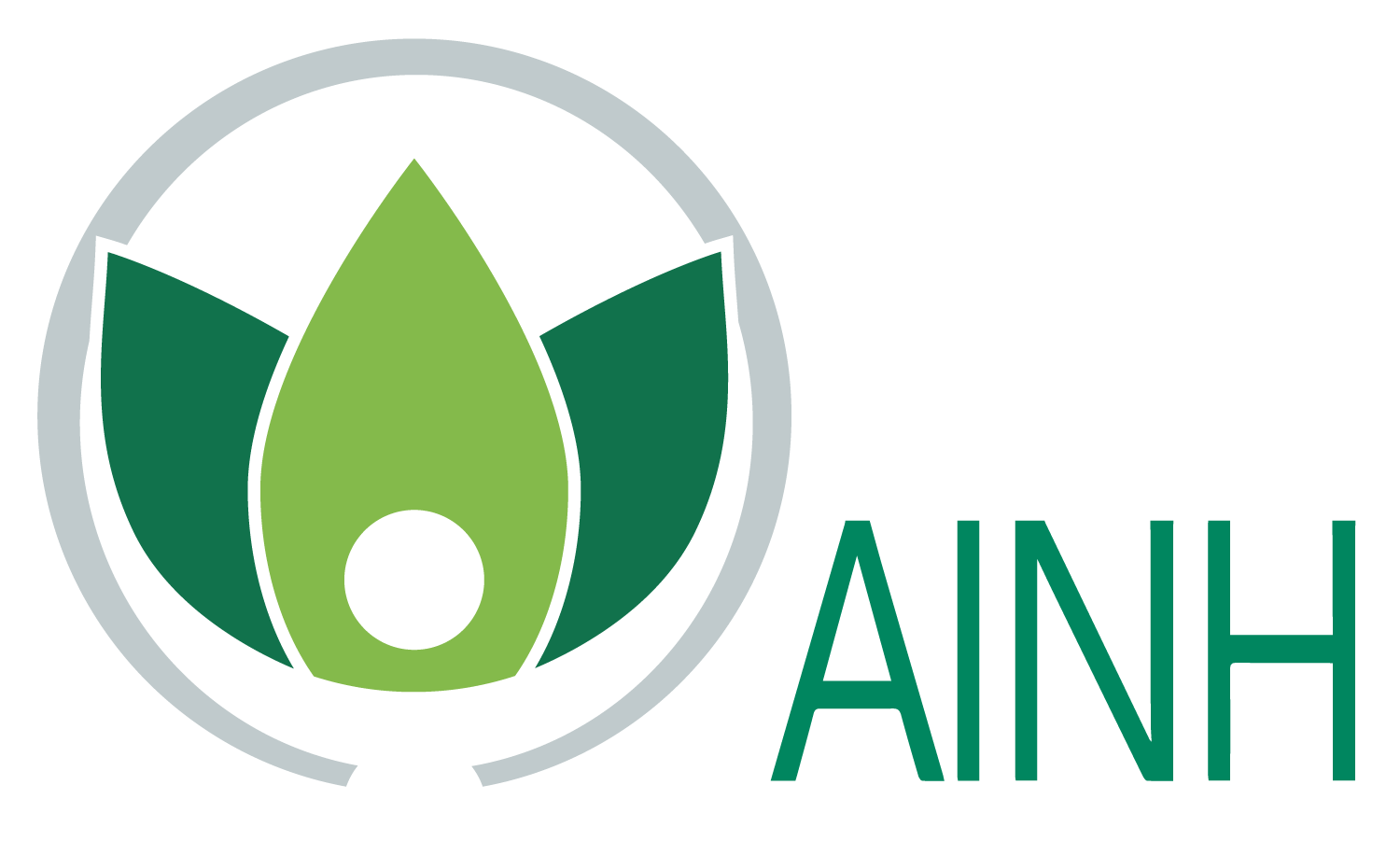Code of Ethics
THE NATUROPATH (RIGHT AND OBLIGATIONS)
Article 1 – The Naturopath may reserve the right to choose his or her clientele.
Article 2 – The naturopath should never receive a patient if he or she is under the influence of alcohol, drugs or any other substance that may impair his or her judgement. It is the same if he or she is infected with a contagious disease. In addition, he or she will refrain from smoking during a consultation or during any professional activity
Article 3 – The naturopath must not be guilty of any unlawful or immoral act towards his patient
Article 4 – If a naturopath treats a person with a chronic illness, then he or she must make him / her understand that the path to permanent healing necessarily involves removing the cause of the illness and altering one’s health living habits as dictated by the HYGIONOMISTE® approach.
Article 5 – At all times, the naturopath must inspire confidence, courage and patience in the person who consults him. The naturopath must know that a person is unique, and that diagnoses or prognoses are not necessarily accurate or definitive. The naturopath can not therefore declare to a person that his condition is hopeless.
Article 6 – The naturopath must refrain from impairing the free choice by the client of the other practitioners that the latter wishes to consult.
Article 7 – The naturopath is bound by professional secrecy.
ETHICS IN THE PRACTICE
Article 8 – In its practice, the naturopath must not ever proclaim that he or she has secret procedures, infallible or exclusive, or still that his or her methods and knowledge are superior to those of his or her colleagues.
Article 9 –The naturopath must never exploit a person who consults him or her, in particular by exaggerating the gravity of his or her condition, or by asserting that his or her state will degenerate if he or she does not consent to continue his consultations.
Article 10 – The naturopath must refrain from criticizing a colleague or his practice.
Article 11 – The naturopath must refrain from attributing to himself the merit of discoveries or works belonging to others.
Article 12 –The naturopath must refrain from divulging or making use of information of a confidential nature to the prejudice of a client.
Article 13 – The naturopath can not engage in any commercial activity under the cover of its title(Naturopath,according to the hygionomist approach) or membership in the Association Internationale de naturopathie hygionomiste AINH.
RULES IN THE PRACTICE
Article 14 – The naturopath must exclude any toxic product or agent that is harmful to the body’s in its healing effort.
Article 15 – The naturopath should consider the use of benign analgesics to relieve pain as contrary to his practice, except in case of emergency or for short periods of time.
Article 16 – The recommendation of removal without extremely serious motive of any organ or any part of the body is contrary to the theory and practice of naturopathy.
Article 17 – The naturopath does not get involved in the treatment of certain terminal diseases, such as cancer for example, does not treat diabetes either because the naturopath does not have access to insulin medication.
Article 18 – The naturopath must fully inform the client about the cost of his services. His fees must be fair and reasonable.
Article 19 -The naturopath must provide his clients with all the explanations necessary to understand his fee account.
Article 20 – The naturopath must refrain from demanding the payment of his services in advance in the form of packages. Billing must be done and collected as of the date of the service rendered.
Article 21 – The naturopath must prepare and maintain records for each client by entering into it all that may be useful for the successful conduct of subsequent consultations.
Article 22 – The naturopath must keep each file for at least five years after the last registration date.
Article 23 – The naturopath must allow the consultation of his files to the representatives of the AINH.
Article 24 – The naturopath must refrain from disclosing or using information of a confidential nature to the detriment of a client.
THE PROFESSION
Article 25 – The Naturopath must act in function of safeguarding and ennoble the reputation of the naturopathic profession.
Article 26 – In order to maintain the reputation of the naturopathic profession at its highest standards, the naturopath will have to make sure to follow the progress of naturopathic science and continually improving its knowledge by engaging in a process of Continuous Formation.
Article 27 –To maintain the reputation of the naturopathes and satisfy the requirements of the clientele, the naturopathe will see to remain in health, to be careful always of his or her person, its language, its attitudes, and to maintain an orderly office, welcoming and in a big state of cleanliness.
RESPECT OF THE AINH ASSOCIATION
Article 28 -The naturopath must refrain from making statements or representations that damage the reputation of AINH.
Article 29 – The naturopath may use the name and logo the Association Internationale de naturopathie hygionomiste (AINH) in its advertising, display or stationery only if it complies with the instructions of the association and must stop using them as soon as he ceases to be a member in good standing.
RESPECT FOR THE CODE OF ETHICS
Article 30 – Any person who wishes to become or remain a member of the AINH must comply in all respects with this present Code of ethics.
Article 31 – The naturopath who contravenes this Code of ethics commits a derogatory act. Depending on the severity of the offence, it is subject to disciplinary sanctions, including the suspension or discharge of the AINH.
Our Association Internationale de Naturopathie Hygionomiste® AINH
Our naturopathic graduates can join the ranks of our international association a subsidiary of the Société Éduco-Santé.


